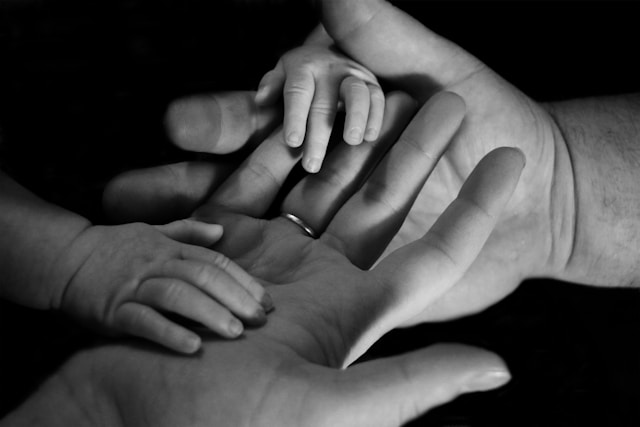The National Domestic, Family, and Sexual Violence Counseling Service, commonly known as 1800Respect (2024), defines family violence as someone in a relationship being hurt or made to feel unsafe by the other person in the relationship. It is often a repeated pattern of behaviour, and it involves coercive control that can be physical, psychological or emotional abuse, or financial abuse, amongst other abuse forms.
Family Violence Research
Between March 2021 and May 2022 the Australian Institute Health and Welfare (2024) conducted a nationwide survey on family violence. The results indicated that 1 in 6 women and 1 in 18 men experienced physical and/or sexual violence. Furthermore 25% of women and 14% of men in the study reported experiencing emotional abuse.
Similarly, researchers from the psychology department at University of South Australia, Mertin and Mohr (2000), spoke with 100 female victims/survivors of family violence from women’s shelters in Adelaide. They found that 45 (or 45%) women met diagnostic criteria for PTSD.
Signs of Posttraumatic Stress Disorder (PTSD) include:
- Reexperiencing symptoms, such as nightmares and flashbacks
- Heightened arousal state, which causes things like, sleep disturbance, hypervigilance or feeling on edge most of the time
- Negative changes to cognitions and mood, this includes experiences such as, blaming yourself that can result in feeling excessive guilt and self-directed anger.
- Changes in behaviour to avoid things that you wouldn’t typically, such as avoiding going out with friends or going to public spaces.
(American Psychiatric Association, 2013).
Effective Therapy for PTSD
Effective treatment of PTSD focuses on reducing these symptoms and promoting posttraumatic growth. Current evidence-based treatment for PTSD include Cognitive Processing Therapy, Prolonged Exposure Therapy, and Eye Movement Desensitization and Reprocessing (EMDR).
At the Centre for Clinical Psychology, our psychologists are trained and experienced in Cognitive Processing Therapy, which is recommended as a first line treatment in the PTSD guidelines by Phoenix Australia – Australia’s National Centre of Excellence in Posttraumatic Mental Health.
If you have experienced family violence and think you might have PTSD or are struggling with the aftermath of trauma don’t hesitate to seek help from a professional. The Centre for Clinical Psychology in Melbourne offers counselling services to help you navigate the difficulties of PTSD and Complex PTSD. Book an appointment today by calling 03 9077 0122 or visiting https://ccp.net.au/booking/
References:
1800 Respect National Domestic Family and Sexual Violence Counselling Service (2024). Domestic and family violence. https://1800respect.org.au/violence-and-abuse/domestic-and-family-violence#DifferentDFV
Australian Institute of Health and Welfare (2024). Family, domestic, and sexual violence. https://www.aihw.gov.au/family-domestic-and-sexual-violence/resources/fdsv-summary#common
Mertin, P., Mohr, P.B. Incidence and Correlates of Posttraumatic Stress Disorder in Australian Victims of Domestic Violence. Journal of Family Violence 15, 411–422 (2000). https://doi.org/10.1023/A:1007510414571
American Psychiatric Association (2013). Diagnostic and statistical manual of mental disorders (5th ed.). https://doi.org/10.1176/appi.books.9780890425596



